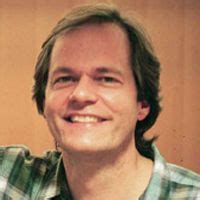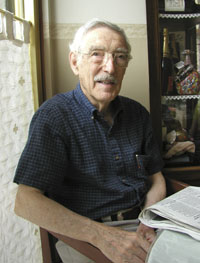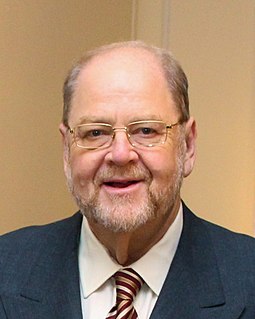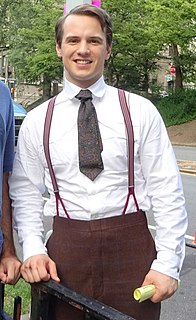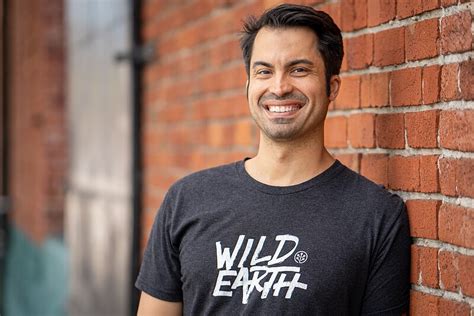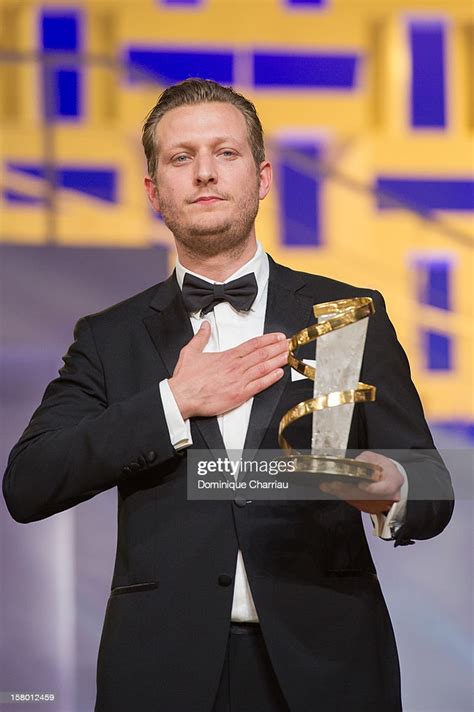A Quote by David Andrew Sinclair
When I started in the field, aging research was the backwater of biology. The idea that you could find a molecule that would prevent many diseases at once was considered impossible.
Related Quotes
Like many great ideas in biology, the idea implicating infectious causation in chronic diseases, though simple, has far-reaching implications. It is so simple and so significant, that one would think it would have been recognized by many and would be the starting point for any discussion on the causes of disease. Not yet.
For example, in Vitamin K, the clotting proteins get it first... and
only after they're satisfied do you prevent calcification of the arteries,
or prevent cancer, or prevent bone fractures. It's all insidious damage
that you get that's a long term consequence. In fact, we call these the
diseases of aging.
If my dramatic career doesn't work out, I will go on to research and find cures for Alzheimer's or Parkinson's and other motor neuron diseases. It's a very exciting field of research. But I'd like to continue in drama, so it wouldn't be very smart of me if I blew this amazing opportunity with an inappropriate lifestyle.
It is now widely realized that nearly all the 'classical' problems of molecular biology have either been solved or will be solved in the next decade. The entry of large numbers of American and other biochemists into the field will ensure that all the chemical details of replication and transcription will be elucidated. Because of this, I have long felt that the future of molecular biology lies in the extension of research to other fields of biology, notably development and the nervous system.


